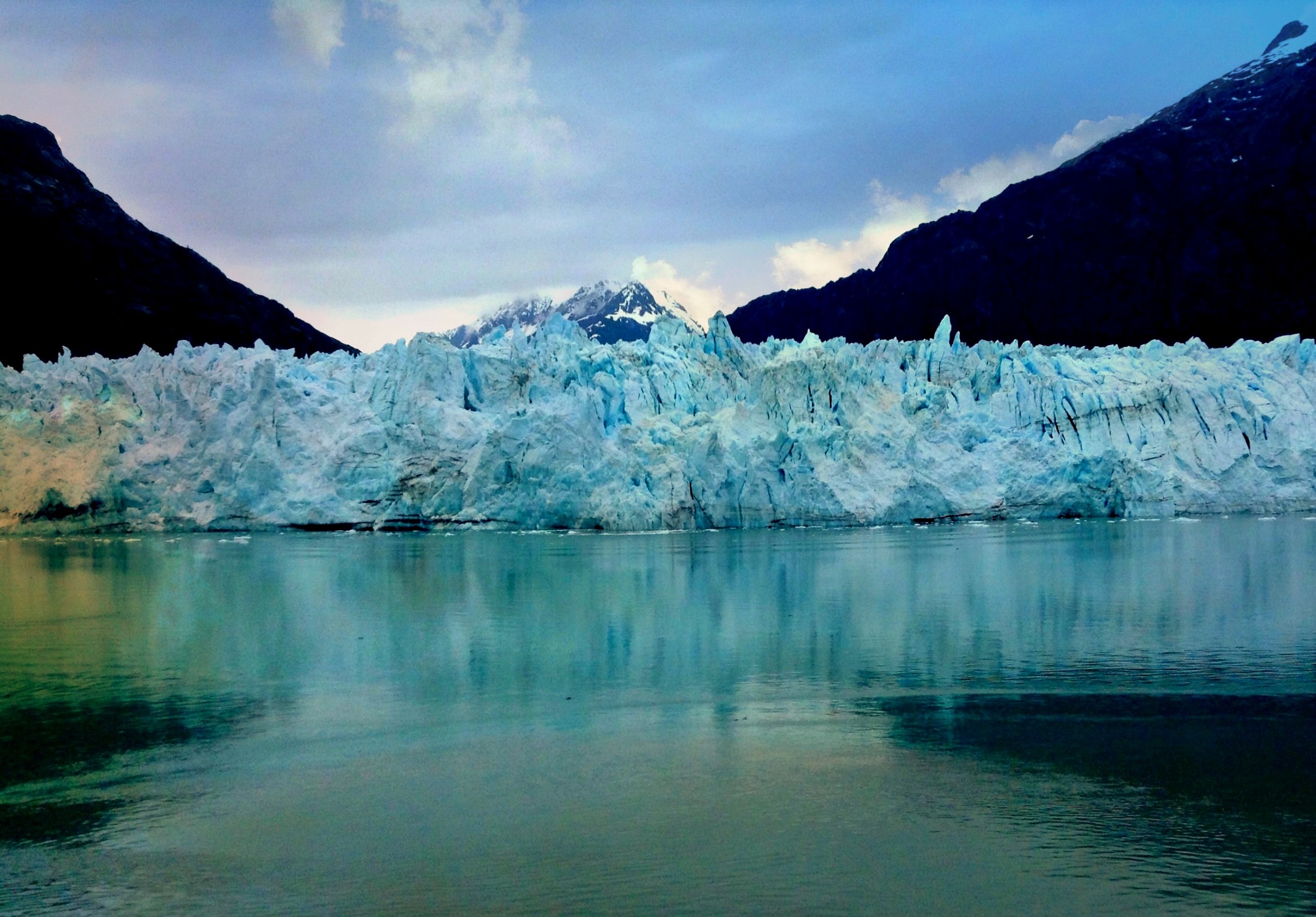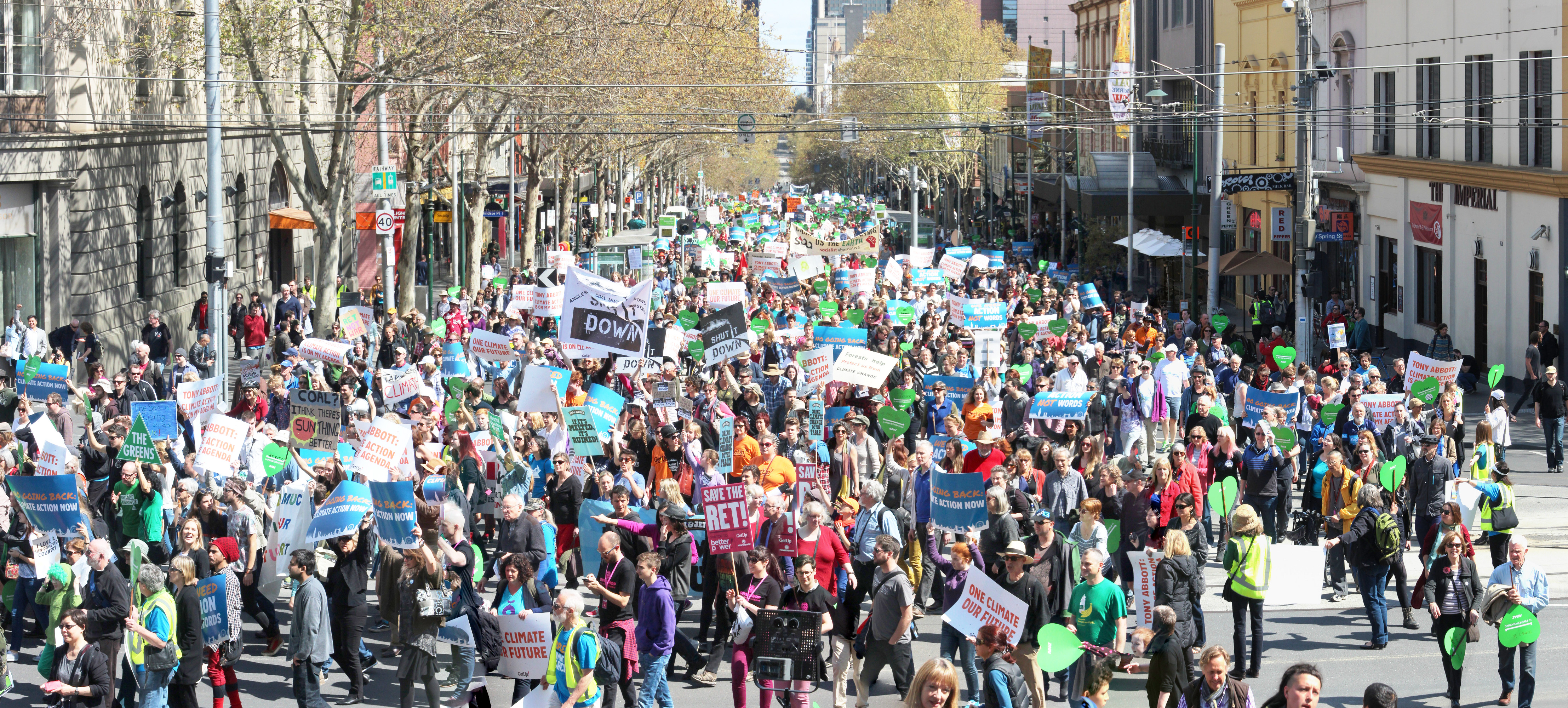Is the future of our planet too big for politicians?

We have reason to be optimistic about the outcomes of the Paris conference
Published 2 December 2015
Leaders at the Climate Change Conference in Paris (COP21) hopefully realise that the peace of the world may depend on satisfactory agreements to curb our dangerous emissions and patterns of behaviour.
As the numbering indicates, the Paris conference is the 21st in a series which began in Berlin in 1995.
One of the most infamous of these annual gatherings was one which I witnessed for my party in Copenhagen in 2009, as one of thousands of participants – presidents and prime ministers, energy and environment ministers and civil servants, and every lobby group and environmental activist who could make it.
The question which exercised many negotiators then and will be in many minds in Paris is:
Whether democratic structures can reach agreements at all and, more importantly, reach worthwhile agreements.
National governments have always been jealous of their state energy policies and of their national reserves of non-renewable fuels.
Different places have applied different philosophies and ideologies to answer the question as to whether ownership should be in private or public hands.
Many jobs and many communities have depended on these issues and they are therefore very hot political potatoes.
The politics in the USA and many other countries has been similar; each has wanted to determine its own future so as to maximise its own energy security.

As the coal-fired power stations of the west and the east have multiplied and the natural resources of Africa have been dissipated so the poorest countries of the world, least endowed with their own natural energy sources, have paid the price – fundamentally and literally.
The experience of the European Union in agreeing on energy and resources is mixed.
We still haven’t begun to get an agreement on a common energy policy when the benefit of doing so is so obvious.
The oil and gas reserves of the northern seas, the tidal and wave power of the northern part of the continent, the coal and wind found in many countries and the huge potential for solar power around the Mediterranean combined together and distributed logically by a grid could surely guarantee continuity of reserves and energy independence from other parts of the world if we wanted it. And that is without nuclear power.
However, the first post-war treaty which led to the European Union was the 1951 Treaty of Paris which set up the European Coal and Steel Community (ECSC). The founders of the new Europe realised that neutralising competition over natural resources such as coal and steel was one of the best ways to make sure of peace in our continent in the future.

There are of course other groupings than regional ones, or self-interested ones such as OPEC. There are groupings such as that of the small island states and intercontinental groupings such as the Commonwealth of which the heads of government have also recently met.
The Commonwealth has talked much about climate change but hasn’t hugely contributed yet to the urgent international agreement needed.
Thankfully, we are not totally reliant on such groupings. There are many more environmental and sustainability campaigners fighting to prevent wholesale destruction of the forests in Africa and Latin America and elsewhere and to challenge self-interested and profiteering international corporations and governments which have been held in hock by them.
The people’s voices outside government have grown louder and their campaigns more effective and inside and outside the parliaments of the world greener voices in traditional parties and new green parties are becoming more influential every year.

Occasionally external factors give change a greater impetus. The explosion in the Japanese nuclear power station at Fukushima was clearly the main reason behind Germany’s change to an anti-nuclear policy.
Of course many general elections are still fought on the politics of immediate rather than longer term gain and loss.
But the good news is that in a more interconnected world where facts, figures and learning are more commonly shared and understanding grows about those geographically further away, evidence-based argument is more able to be made and prejudiced judgements more able to be challenged.
The science in the minds and the briefing papers of those going to Paris will have a much greater common basis even than the science of the Berlin gathering 20 years ago.
Of course every democratic government has to be mindful of whether it can deliver the policies to keep it in office and cannot throw away easily today’s jobs and tomorrow’s prospects for large groups of its people.
But understanding the needs of people in other countries and signing agreements which bind the biggest and smallest of the world’s nations give the best possible justification for policies which may in the short term be difficult, but in the long term may help save us all.
And one last thing. With every year that passes we live in a more educated world. There are therefore cautious grounds for optimism that it is now easier to win difficult arguments and there are more people who can see the world through others’ eyes as well as their own.
We wish the United Nations Climate Change Conference well. It is much better that more and more of those participating have a democratic mandate than ever before.
This article was co-published with www.democraryrenewal.edu.au
Banner image: Pixabay/gwynethjones
